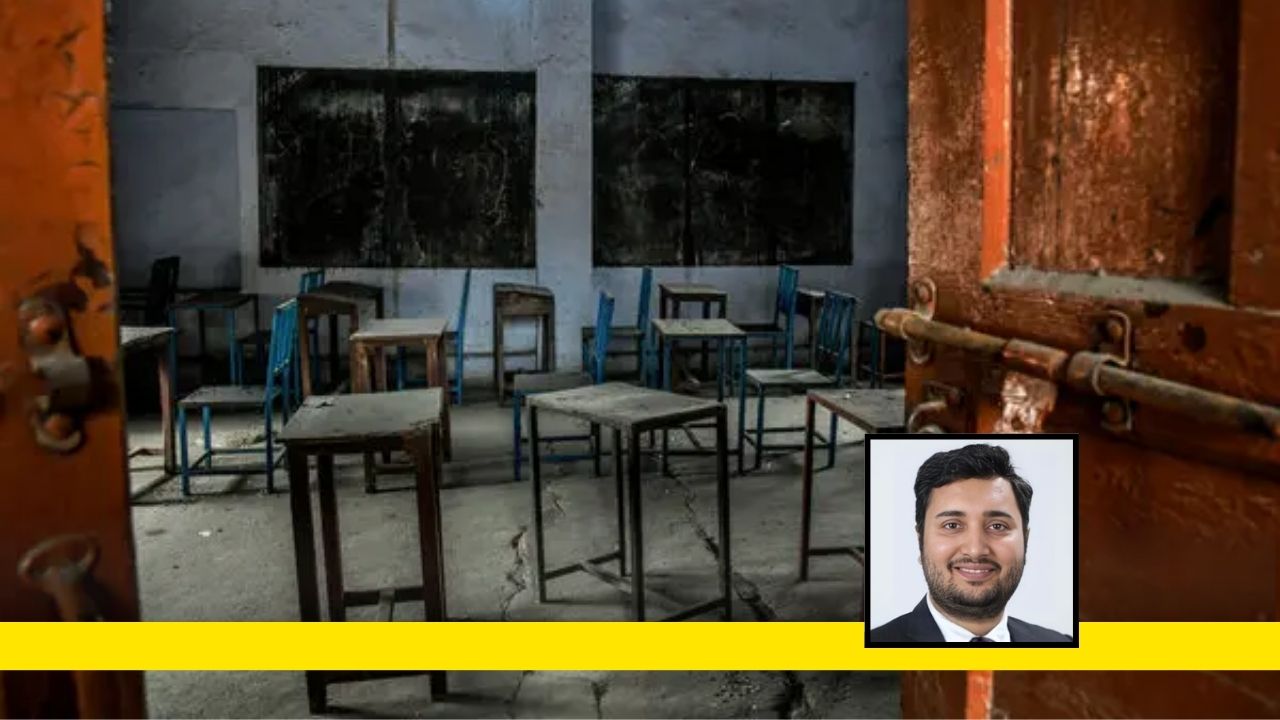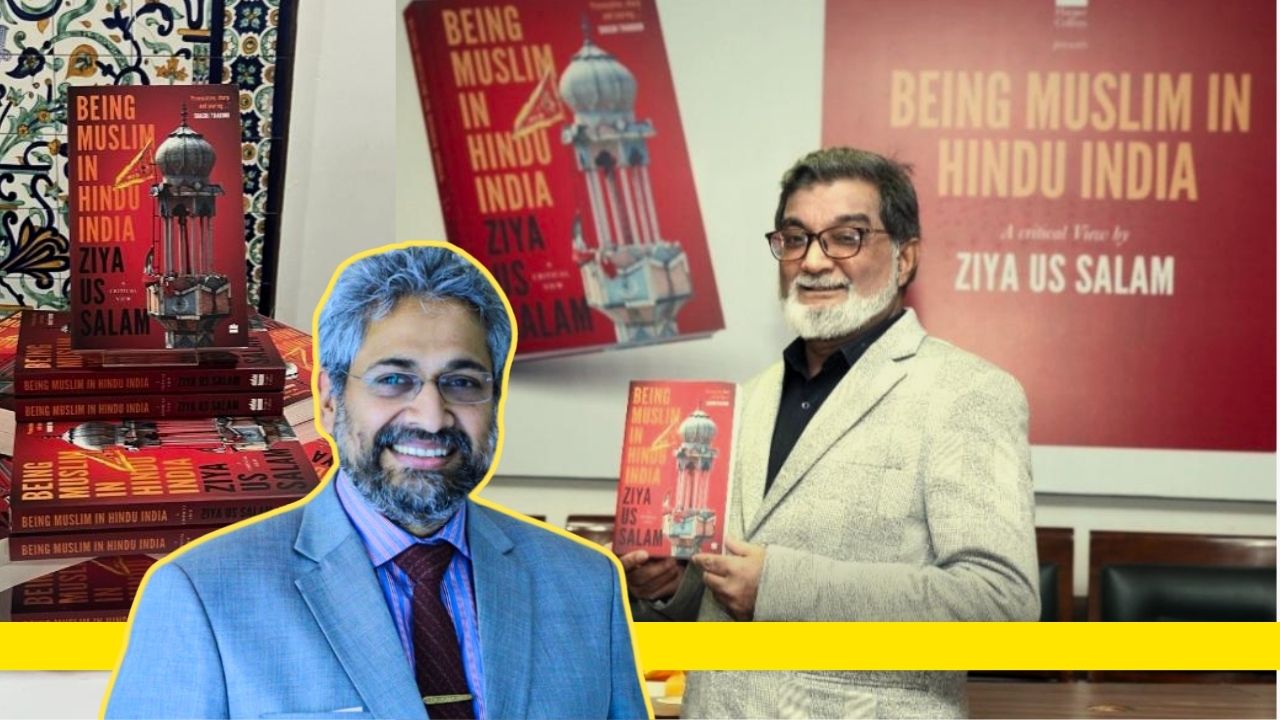The Internet, Socialist Chile and The Revolutionary Connection
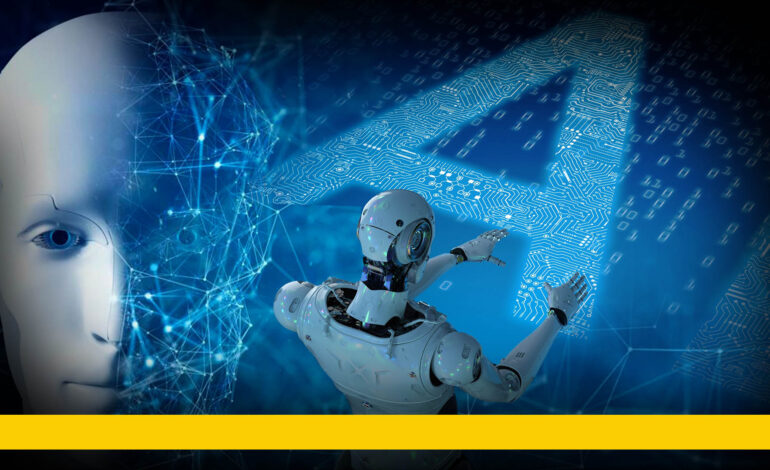
We are witnessing a revolution, the revolution of Artificial Intelligence (AI) taking the world by storm. As ChatGPT and other AI tools gain prominence and become a talking point, scientists and theoreticians worldwide are engaged in a debate about the ethical implications, potential biases, and risks of misuse associated with this technology.
“I fear that AI may replace humans altogether. If people design computer viruses, someone will design AI that improves and replicates itself. This will be a new form of life that outperforms humans,” said Stephen Hawking, in an interview to the magazine Wired.

As a Master’s student at the University of Reading, England, while researching AI, its ethical usage and biases, I stumbled upon a case study from Latin America during the Cold War times. In this article, I try to explore that study. The internet has become an integral part of our lives as a means to communicate, access information, conduct business, engage in politics, education and health, and so on. But what many of us do not know is that the Internet is the result of a significant contribution from an unlikely place – Chile.
Its origins can be traced back to the 1960s, when the United States Department of Defence’s Advanced Research Projects Agency (ARPA) created what was known as the ARPANET. While working at ARPA, a visionary named J.C.R. Licklider proposed the concept of a “Galactic Network” of computers that could be used to share information and collaborate on research projects. His ideas were ahead of their time, and it would take decades for them to come to fruition. But in Chile, a different kind of revolution was already underway.
In the early 1970s, the first democratically elected Chilean government under President Salvador Allende embarked on a bold experiment in socialist democracy. He was a physician by training, and it may be rather a coincidence that elsewhere in Latin America another physician called Che Guevara was also advocating a more just and equitable society, albeit through different means. Allende’s government nationalised several industries, including copper mining, and implemented land reform programmes to redistribute land to the country’s poor farmers (That was a move strikingly similar to the land reforms initiated in Kerala under E.M.S. Namboodiripad government a few years before the Chile experiment). But the most ambitious project of Allende’s government was the creation of a decentralised, computerised economic planning system known as Project Cybersyn.
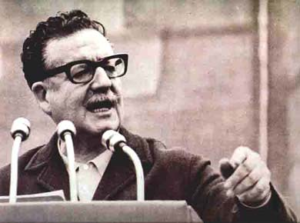
Project Cybersyn
The Internet was in its early stages in the 1970s when a small group of researchers in the U.S. were experimenting with ways to connect computers. The ARPANET research was in the direction of building a more resilient and decentralised communications network, motivated by the goal of strengthening the military use of this technology.
Allende’s government launched the Cybersyn project in 1971, with the goal of building a network that would connect all the factories and enterprises in the country, allowing them to share information and coordinate their activities in real-time. They expected this system to help Chile achieve rapid industrialisation and economic growth, besides promoting social justice and democracy. To create this network, the Chilean government turned to Stafford Beer, a British theorist and the founder of management cybernetics, who had a vision of creating a decentralised network of computers that could work together to manage an entire economy.
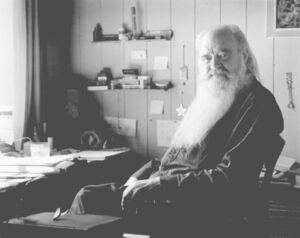
The heart of the Cybersyn project was a system called the Operations Room, or Opsroom. Housed in a state-of-the-art building in Santiago, the Opsroom was a large, circular room filled with computer terminals and screens. It can be argued that the Ops Room of the Cybersyn project was the first example of a real-time command-and-control centre in the world, similar to the modern decision-making facilities used today for a variety of purposes, including political, military, business, and administrative functions.
At the heart of Cybersyn was a system called Project Cyberstride, which used a network of computers to collect and analyse data about the economy in real-time. This data was then used to inform policy decisions for different industries and sectors and thus coordinate their activities.
The ambitious groundbreaking project attracted the attention of technologists and activists around the world.
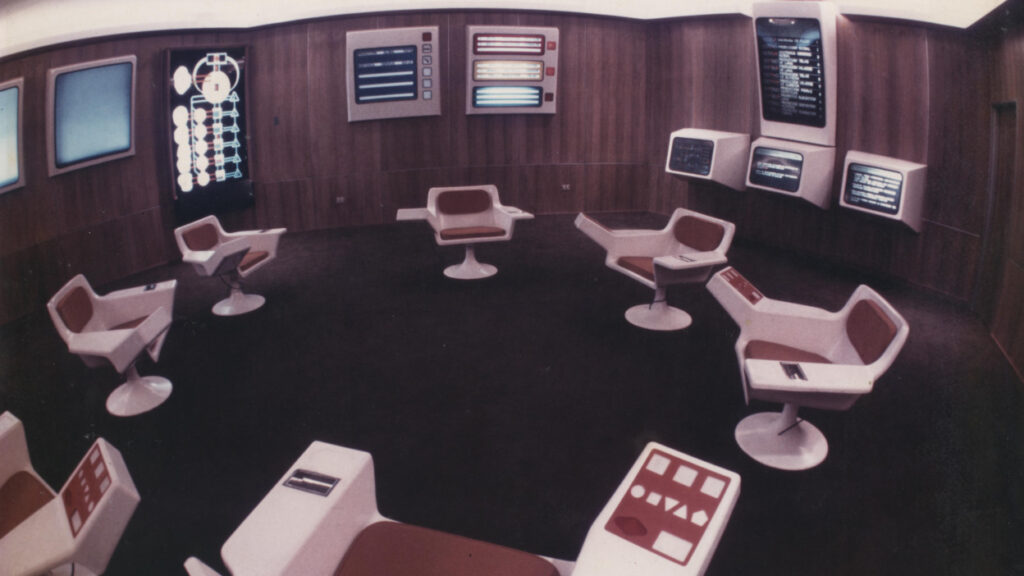
In 1973, just months after the U.S-instigated coup against Allende, the Cybersyn project was shut down and its leaders were forced into exile. The dream of a more democratic and participatory economy was thus crushed, and Chile plunged deeper into darkness. But the legacy of Cybersyn lived on. Its ideas and technologies inspired a generation of technologists and activists, who continued to fight for a more democratic and participatory society. And as the Internet began to take shape in the 1980s and 1990s, many of these technologists and activists saw it as a powerful tool for achieving these goals.
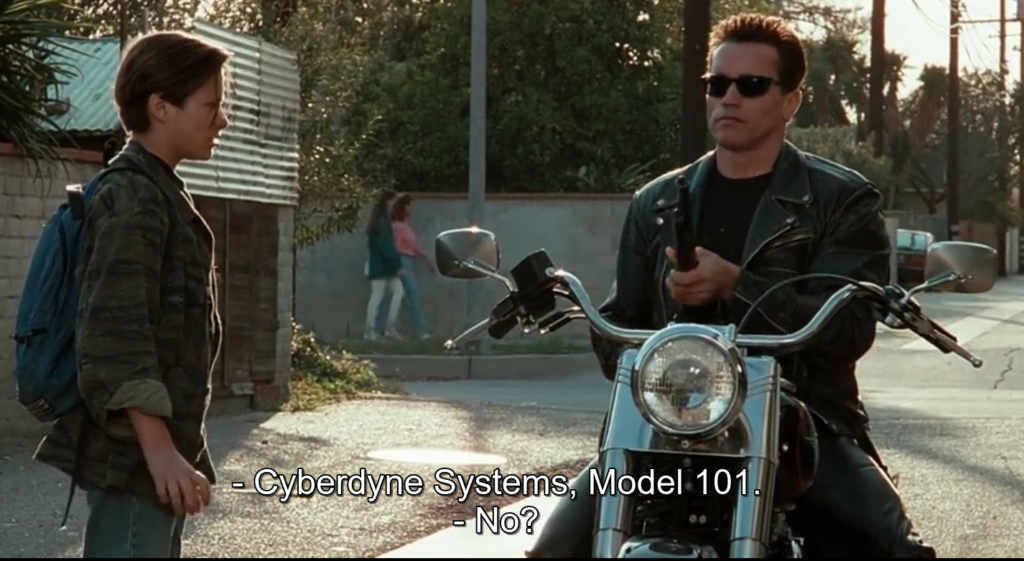
At the time, a young Tim Berners-Lee, who was working at CERN (the European Organisation for Nuclear Research) realised the power of hypertext and distributed information systems over the existing emails and FTP (file transfer protocol), and paved the way for a new research direction. He was focused on using computer networks to enable collaboration and communication on a massive scale, something that the Cybersyn project had attempted to do in the context of economic planning. It is this work of Berners-Lee that ultimately led to the creation of the World Wide Web and the Internet as we see today.
While it can be argued that technically the WWW evolved from ARPANET, we cannot undermine the influence the Cybersyn project had on the next generation of researchers and scientists who wanted to use the technology for non-military purposes.
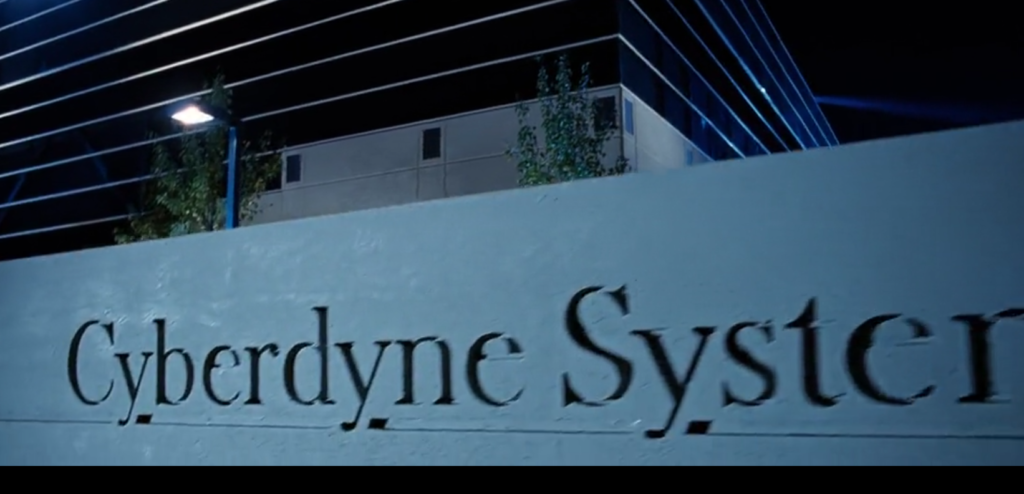
The Coup
Those were tumultuous times marked by intense political and ideological tensions of the Cold War. The U.S. government had been concerned about the rise of socialist governments in Cuba and other Latin American countries. The Richard Nixon administration viewed the democratically elected Allende government as a threat to the U.S’ interests in the region, and the Central Intelligence Agency began a covert campaign to destabilise the Allende government. In 1973, a military coup led by General Augusto Pinochet overthrew it. During the coup, the presidential palace was bombed and Allende was found dead inside. Pinochet proclaimed himself as the new President of Chile and ushered in a period of authoritarian rule that lasted 17 years.
After the coup, a majority of the team members working on the Cybersyn project were forced to leave the country. It is believed that sensitive data related to the project was dismantled by the team members themselves out of fear of potential abuse, and whatever remained was subsequently removed by the Pinochet regime. Prof Beer returned to England, where he continued to write and speak about the principles of cybernetics and their application to social and economic systems. Today Beer is remembered as one of the pioneers of cybernetics and systems theory. His work continues to inspire researchers and activists interested in using technology to address social and economic issues.
References:
https://www.wired.co.uk/article/stephen-hawking-interview-alien-life-climate-change-donald-trump
https://en.wikipedia.org/wiki/Project_Cybersyn
https://mashable.com/article/project-cybersyn-chile-kernel-panic
Subscribe to our channels on YouTube & WhatsApp





